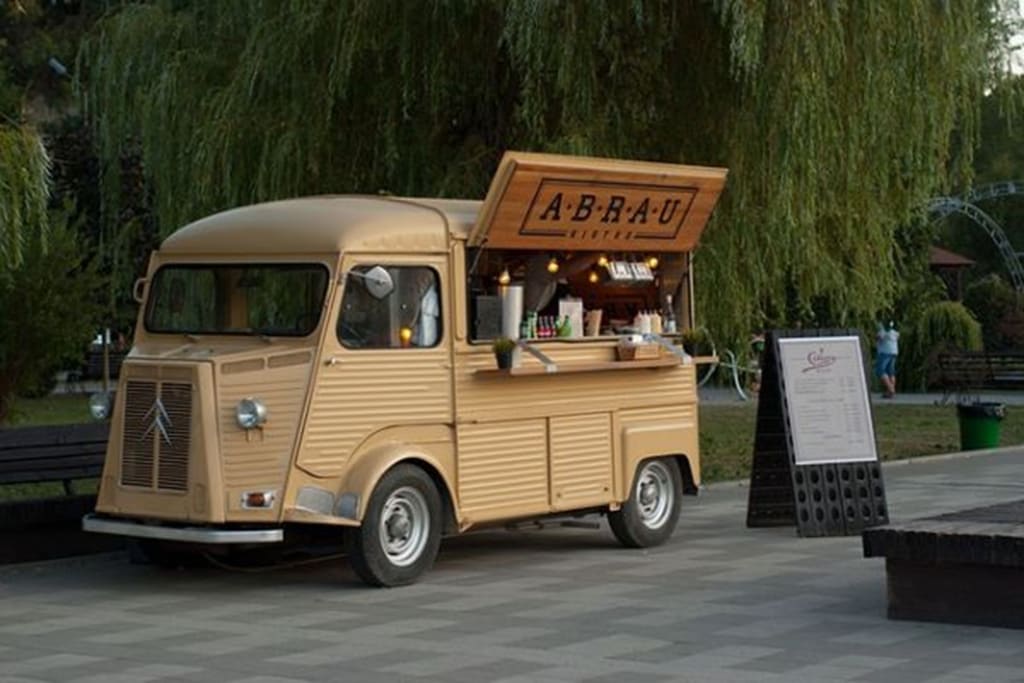On Food Truck Dangers: What You Should Know
Stay Safe in the Kitchen and On The Road

Food trucks generate many risks for owners and those employed to work on the trucks. According to food protection experts, the concerns have become so great that legislators and state regulators have begun investigating the safety of food trucks. In addition, health inspections in major U.S. cities reveal that health citations are common in the industry for unsafe food handling practices. It could put customers at risk and make food trucks liable for consumers’ personal injuries.
Getting Insurance Coverage and Legal Help
Before we begin, it is important to mention that you have to discuss your risks with an insurance agent and get adequate coverage for all your liability risks. If you become involved in a vehicular accident, it’s critical to consult experienced truck accident lawyers. Not having to accept liability or minimizing it is the lawyer’s job, and you can concentrate on getting back to business. It would be best not to need an attorney, but it is also wise to have one ready in case something happens.
So let’s see what risks you face every day on the job!
The Most Common Food Truck Dangers
Some of the most common dangers of food trucks include the following:
- Burns: It’s common to sustain burns in any kitchen job. However, the risks become magnified in the limited space for work tasks in a food truck. The limited space and fast pace result in dangerous spills, and it’s easy to misjudge distance and burn yourself in an open cooking environment. Most burns are minor, but they can also prove severe or life-threatening.
- Cuts: Cuts also occur regularly in the food industry, and most cooks and chefs routinely shrug off minor cuts as an expected part of the job. However, cutting accidents involving meat cutters and graters produce debilitating injuries. Likewise, having razor-sharp knives close by can result in serious cuts caused by accidental contact. The best policy is to use knives carefully and store them properly after each use.
- Slips and Falls: Slips, trips, and falls can happen anywhere, but the chances increase when working in a limited space. You might be unable to see obstructions on the floor. In a tight space, you often have to twist and maneuver around another person, increasing the risk of falls.
- Vehicle Accidents: Food trucks remain parked for much of the time they’re in service, but that only means drivers don’t get a lot of practice maneuvering the vehicle. When they are on the road, food trucks have large blind spots that contribute to an accident. In addition, passenger injuries are common because food truck staff don’t always take seats and buckle their restraints.
Seatbelts are legally required for passengers while the truck is in motion, but workers often ignore this rule.
Don’t Forget About Insurance Coverage
It’s critical to get enough liability coverage for your food truck to cover most eventualities. Working in a food truck generates risks of vehicle accidents and working in a kitchen on wheels. Recent findings suggest that insurance plays an important role in rood trucks operations, generating nearly $1 billion in premiums. These premiums insure more than 4,000 food trucks licensed in the United States. According to the article, the biggest risks for food truck dangers include:
- Food spoilage: Food trucks don’t have spacious storage, and it’s easy to mishandle food, resulting in spoilage. The constant jarring of travel can throw off refrigeration settings, which could result in unsafe storage temperatures.
- Fire hazards: Traveling from place to place can also increase fire hazards by damaging the structure of deep fryers, gas ranges, etc.
- Car accidents: An accident with a car poses greater risks of severe injuries. There are hot baskets of oil and other hazards in addition to the dangers of a collision. The fatality rate of truck accidents surpasses the average rate by 50%.
- Vehicle-related dangers: The dangers increase when operating a food truck because operators don’t control nature. Outdoor elements like rain, hail and lightning, and dangerous storms pose greater risks for passengers in food trucks than other vehicles.
- Operational risks: Food truck workers are subject to all the injuries of working in a kitchen environment. These risks include smoke inhalation, cuts, burns, knife injuries, and heat stroke from working in a hot, confined space.
Bottom Line
When it comes to operating food trucks, there are many things you need to consider regarding risks, duties, and liabilities. If you work for a chain of food trucks, the company already has insurance coverage and, most likely, a veritable army of lawyers to solve things. However, if you are an independent business, you should always consider having legal representation in the case of an accident or other issues. As you know, insurance companies are not quite your best friends and, when push comes to shove, they might act against you. So stay safe and understand the risks coming with your job but don’t rest on your laurels.






Comments
There are no comments for this story
Be the first to respond and start the conversation.